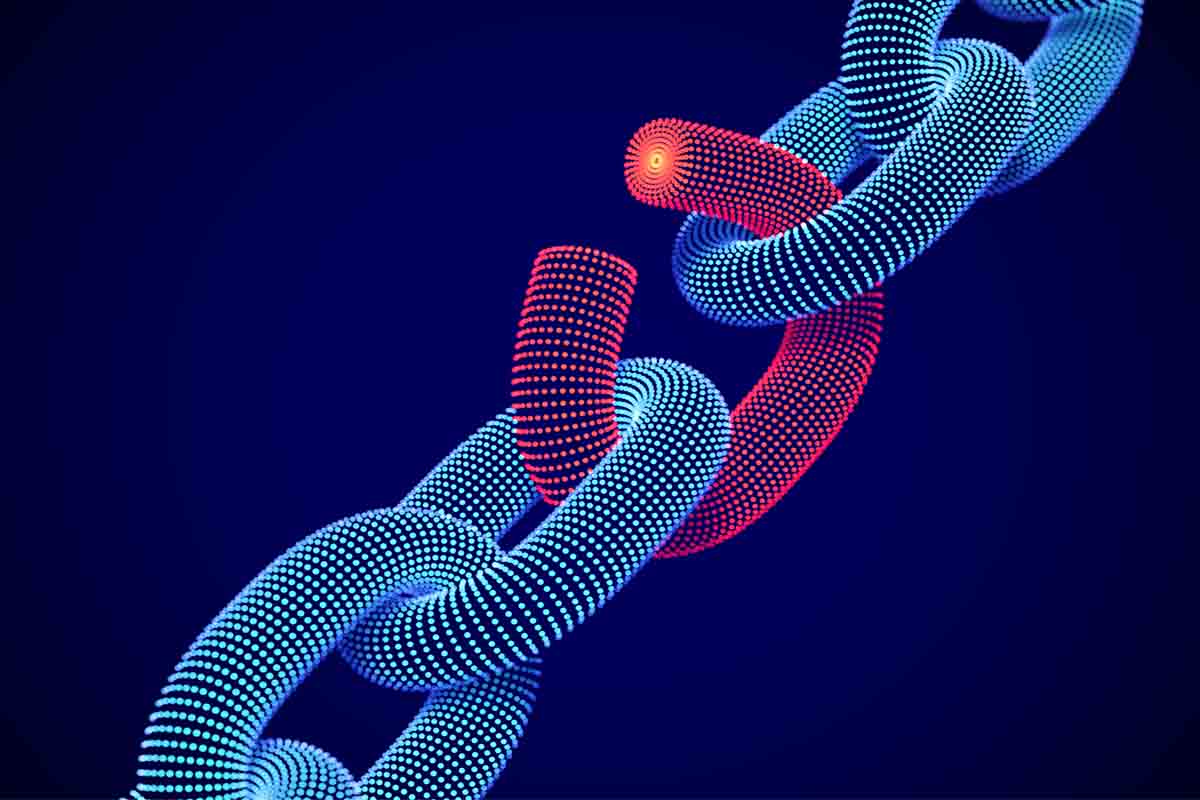Because this piece does not have an abstract, we have provided for your benefit the first 3 sentences of the full text.
To the Editor: Neuropsychiatric disturbances in Addison’s disease are often reported, but rarely recognized in clinical practice. Neuropsychiatric manifestations may often be the initial or sole presenting symptom in many cases of Addison’s disease. We report a case of concurrent severe depression and Addison’s disease in which depressive symptoms resolved after a single administration of high-dose corticosteroids.
Resolution of Suicidal Ideation With Corticosteroids in a Patient With Concurrent Addison’s Disease and Depression
To the Editor: Neuropsychiatric disturbances in Addison’s disease are often reported,1-11 but rarely recognized in clinical practice.9 Neuropsychiatric manifestations may often be the initial or sole presenting symptom in many cases of Addison’s disease.4-8,10,11 We report a case of concurrent severe depression and Addison’s disease in which depressive symptoms resolved after a single administration of high-dose corticosteroids.
Case report. Ms A, a 70-year-old woman with atrial fibrillation, hypertension, diabetes mellitus type II, depression, and adrenal hyperplasia status post-bilateral adrenalectomies, developed postoperative Addison’s disease requiring maintenance corticosteroids and presented with several months of generalized weakness, failure to thrive, and poor oral intake. Her symptoms were attributed to inadequate treatment of adrenal insufficiency. In addition, she reported worsening depression in the months preceding her hospital admission, with symptoms of helplessness, poor appetite, psychomotor retardation, hypersomnia, and poor concentration, as well as suicidal ideation. The psychiatry consult-liaison service evaluated Ms A and diagnosed her with depression per DSM-IV criteria; they planned to initiate venlafaxine. Prior to administration of the venlafaxine, Ms A received a single dose of dexamethasone 8 mg intravenous and hydrocortisone 20 mg intravenous, which led to rapid improvement in her depression. She reported remission of her depression with management of the adrenal insufficiency. Consequently, venlafaxine was not initiated.
Addison’s disease is characterized by adrenal insufficiency due to reduced secretion of glucocorticoid by the adrenal glands.9,12 Patients often present with chronic progressive fatigue, generalized weakness, loss of appetite, weight loss, and hypotension. The link between neuropsychiatric disturbance and Addison’s disease has been well-reported in the literature,1-11 including by Thomas Addison in 1855, who described "attacks of giddiness, anxiety in the face, and delirium" as characteristics of the disease.9 The prevalence of neuropsychiatric symptoms in Addison’s disease is estimated to be between 64% and 84%,9 and in many cases, neuropsychiatric symptoms may be the initial or sole manifestation.4-8,10,11
Multiple theories exist to explain how hypoadrenocorticism may precipitate neuropsychiatric disturbance.1,3,9,13-15 Adrenal insufficiency causes electrolyte and metabolic abnormalities,9,15 including hyponatremia, which may lead to cerebral edema with encephalopathy.15 Adrenal insufficiency may also alter the electrical circuitry of the brain, as evidenced by electroencephalographic changes of diffuse slowing or bursts of activity with no cortical focus seen.9 Finally, cortisol binds to receptors in the hippocampus that promote cognition, memory, and enhanced mood. Thus, lack of cortisol can lead to symptoms of depression.16 The role of cortisol has been further supported by the finding of relative corticosteroid resistance in depressed patients.14
To the authors’ knowledge, this is the first report of corticosteroids acutely improving depression in the setting of Addison’s disease. Previous case reports have described concurrent use of electroconvulsive therapy and corticosteroids to treat Addison’s disease; however, there are no reports of corticosteroids alone as a possible treatment modality.17,18
Although the case suggests that corticosteroids may be of some benefit in treating depression with suicidal thoughts in the setting of adrenal insufficiency, the exact role remains unclear, especially for long-term treatment, warranting further investigation.
References
1. Ur E, Turner TH, Goodwin TJ, et al. Mania in association with hydrocortisone replacement for Addison’s disease. Postgrad Med J. 1992;68(795):41-43. PubMed doi:10.1136/pgmj.68.795.41
2. Kalambokis G, Konitsiotis S, Pappas D, et al. Akinetic mutism followed by a manic reaction on introduction of steroid replacement for Addison’s disease. J Endocrinol Invest. 2006;29(3):257-260. PubMed doi:10.1007/BF03345550
3. Hunt PJ, Gurnell EM, Huppert FA, et al. Improvement in mood and fatigue after dehydroepiandrosterone replacement in Addison’s disease in a randomized, double-blind trial. J Clin Endocrinol Metab. 2000;85(12):4650-4656. PubMed
4. Cleghorn RA. Adrenal cortical insufficiency: psychological and neurological observations. Can Med Assoc J. 1951;65(5):449-454. PubMed
5. Kaushik ML, Sharma RC. Addison’s disease presenting as depression. Indian J Med Sci. 2003;57(6):249-251. PubMed
6. Leigh H, Kramer SI. The psychiatric manifestations of endocrine disease. Adv Intern Med. 1984;29:413-445. PubMed
7. Fava GA, Sonino N, Morphy MA. Major depression associated with endocrine disease. Psychiatr Dev. 1987;5(4):321-348. PubMed
8. Thomsen AF, Kvist TK, Andersen PK, et al. The risk of affective disorders in patients with adrenocortical insufficiency. Psychoneuroendocrinology. 2006;31(5):614-622. PubMed doi:10.1016/j.psyneuen.2006.01.003
9. Anglin RE, Rosebush PI, Mazurek MF. The neuropsychiatric profile of Addison’s disease: revisiting a forgotten phenomenon. J Neuropsychiatry Clin Neurosci. 2006;18(4):450-459. PubMed doi:10.1176/appi.neuropsych.18.4.450
10. Iwata M, Hazama GI, Shirayama Y, et al. A case of Addison’s disease presented with depression as a first symptom. Seishin Shinkeigaku Zasshi. 2004;106(9):1110-1116. PubMed
11. Ten S, New M, Maclaren N. Clinical review 130: Addison’s disease 2001. J Clin Endocrinol Metab. 2001;86(7):2909-2922. PubMed
12. Sarkar SB, Sarkar S, Ghosh S, et al. Addison’s disease. Contemp Clin Dent. 2012;3(4):484-486. PubMed doi:10.4103/0976-237X.107450
13. Kurland HD. Physiologic treatment of depressive reactions: a pilot study. Am J Psychiatry. 1965;122(4):457-458. PubMed
14. Young EA, Lopez JF, Murphy-Weinberg V, et al. Mineralocorticoid receptor function in major depression. Arch Gen Psychiatry. 2003;60(1):24-28. PubMed doi:10.1001/archpsyc.60.1.24
15. Moritz ML, Ayus JC. The pathophysiology and treatment of hyponatraemic encephalopathy: an update. Nephrol Dial Transplant. 2003;18(12):2486-2491. PubMed doi:10.1093/ndt/gfg394
16. Squire LR, Zola-Morgan S. Memory: brain systems and behavior. Trends Neurosci. 1988;11(4):170-175. PubMed doi:10.1016/0166-2236(88)90144-0
17. Suzuki K, Awata S, Oyama Y, et al. Agitated depression successfully treated with electroconvulsive therapy combined with steroid cover in a patient with Addison’s disease. Prog Neuropsychopharmacol Biol Psychiatry. 2007;31(4):956-958. PubMed doi:10.1016/j.pnpbp.2007.01.017
18. Heijnen WT, Pluijms EM, Birkenhager TK. Refractory major depression successfully treated with electroconvulsive therapy in a patient with Addison’s disease. J ECT. 2013;29(2):137-138. PubMed doi:10.1097/YCT.0b013e3182756695
Author affiliations: School of Medicine, University of Pittsburgh (all authors); Department of Biomedical Engineering, Carnegie Mellon University (Ms Kundu); Departments of General Internal Medicine (Dr Bryk) and Psychiatry (Dr Alam), University of Pittsburgh Medical Center; and Western Psychiatric Institute and Clinic (Dr Alam), Pittsburgh, Pennsylvania.
Potential conflicts of interest: None reported.
Funding/support: None reported.
Published online: December 25, 2014.
Prim Care Companion CNS Disord 2014;16(6):doi:10.4088/PCC.13l01578
© Copyright 2014 Physicians Postgraduate Press, Inc.
Enjoy this premium PDF as part of your membership benefits!





